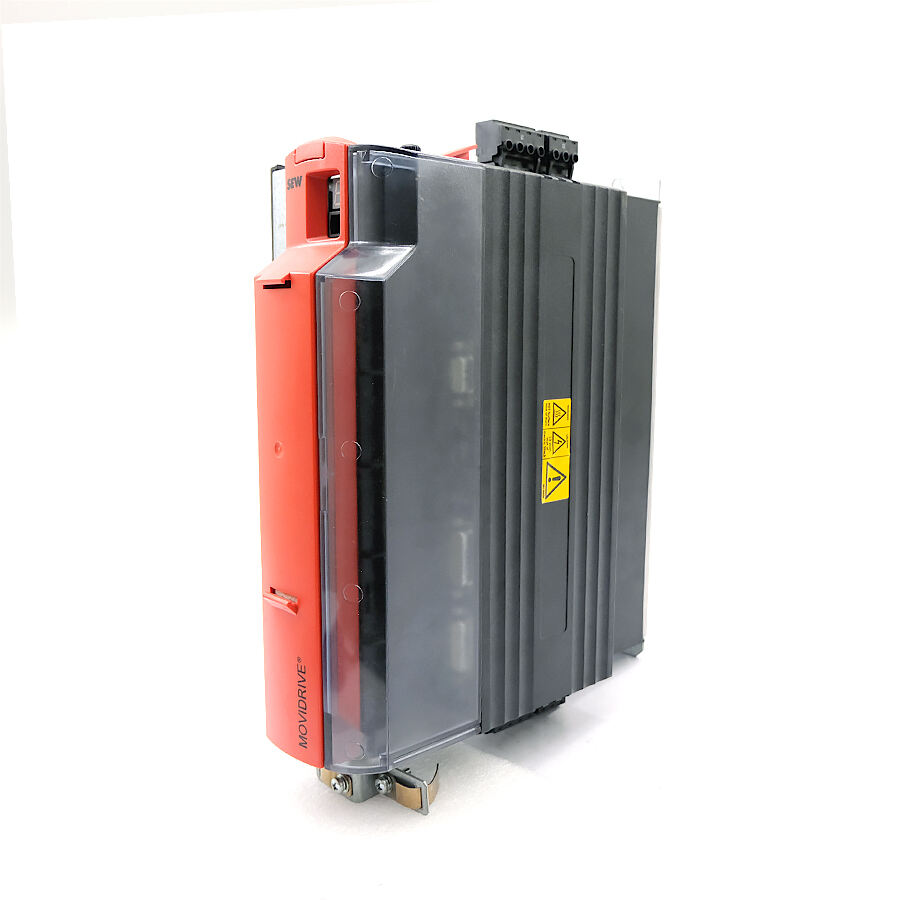industrial plc
Industrial PLCs (Programmable Logic Controllers) are robust digital computers designed specifically for manufacturing processes and industrial automation. These sophisticated devices serve as the backbone of modern industrial control systems, offering reliable automation solutions for complex manufacturing operations. At their core, PLCs continuously monitor inputs, make decisions based on their programming, and control outputs in real-time to manage industrial processes. They feature modular designs with various components including the central processing unit, input/output modules, power supply, and communication interfaces. PLCs excel in harsh industrial environments, offering exceptional durability and resistance to electrical noise, extreme temperatures, vibration, and humidity. Their programming flexibility allows for quick modifications to control processes without changing physical wiring, while their scalable architecture enables easy expansion as operational needs grow. These controllers can manage multiple tasks simultaneously, from basic relay control to advanced motion control, process regulation, and data handling. Modern industrial PLCs incorporate advanced features such as integrated safety functions, remote monitoring capabilities, and seamless integration with industrial networks and IoT platforms, making them essential for Industry 4.0 initiatives and smart manufacturing solutions.
